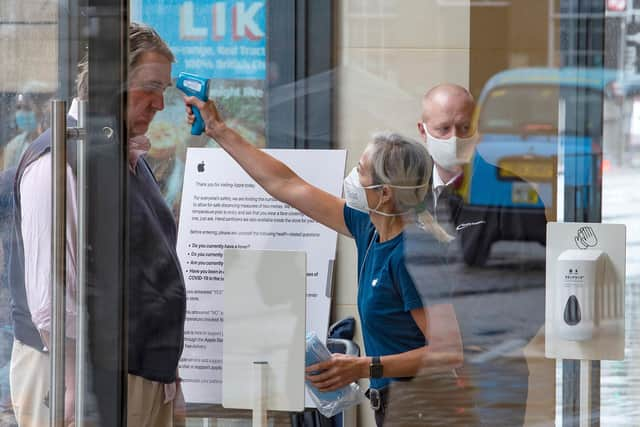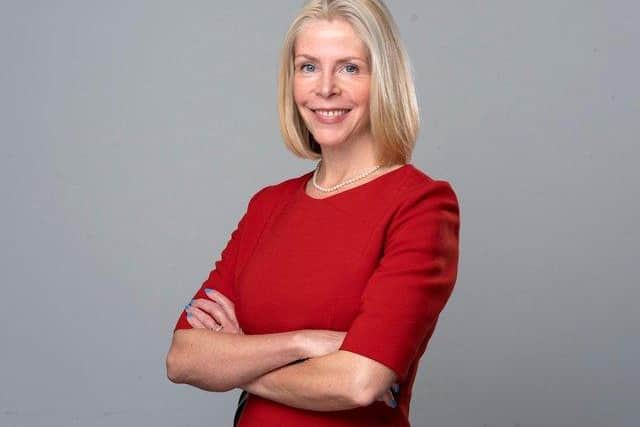Covid Scotland: What will life beyond level zero look like?
This means a move to level zero on July 19 and to “beyond level zero” on August 9.
But with its clunky and somewhat dystopian-sounding name, what does life “beyond level zero” actually look like in Scotland?
Advertisement
Hide AdAdvertisement
Hide AdThings will not return completely to the normality we were used to before the pandemic, but most of the more intrusive restrictions are likely to be eased.


Professor Linda Bauld from Edinburgh University, has described “learning to live with” Covid as restrictions ease.
She told the BBC’s Good Morning Scotland on Friday: “We have to learn to move from a pandemic to an endemic situation and I think that's what the phrase means.
"It means that it will not be a virus that threatens health everywhere in the world, which is the part of the definition of a pandemic, but something that we have to manage and cope with.
“The way to manage and cope with it is through vaccines, probably repeat vaccinations – we know boosters are already planned – and regular testing, which I think we're going to need to use for quite some time, but being able to remove the distancing and the other things we've been using that have separated us from social and economic life.”


The conditions of beyond level zero are still under review by the Scottish Government, but here is an outline of what we might expect.
Social distancing and face masks
Under the current plans, social distancing requirements are due to be scrapped indoors and outdoors beyond level zero.
This is conditional on two things. The first is all over-40s having been given two doses of vaccine, which is likely to have been achieved by August 9.
Advertisement
Hide AdAdvertisement
Hide AdThe second is a general review into the state of the pandemic and it is this that may put the easing of the rule at risk.
Ms Sturgeon has also said even if the legal requirement is lifted, the Scottish Government may still continue to advise 1 metre distancing indoors, which is the legal requirement in level zero.
Face masks may still be required in some settings, including shops and public transport.
Contact tracing
The Scottish Government has said contact tracing will continue beyond level zero, but questions remain about how this will work.
Amid increasing pressure on the system as cases rise, there have been some calls to relax isolation requirements, for example for health workers, or those who have had two vaccine doses.
The government will “regularly review” Test and Protect and the system is likely to change.
This may mean contact tracing not being used in the general population, but instead focused around specific circumstances, like big events or travel, or on regional case outbreaks as they develop.
Vaccines
The first round of Covid vaccination is set to be completed in mid September, with all adults offered two doses. The next stage will be a third “booster” dose for the most vulnerable.
Advertisement
Hide AdAdvertisement
Hide AdSubject to a final decision from the JCVI, this programme will begin from September, as soon as all younger adults have had their second dose – or possibly before, as different vaccine stock is needed.
The first group to get a booster will include all over-70s, frontline health and social care workers, and all over-16s who are extremely clinically vulnerable.
They will be followed by all over-50s, and anyone over 16 at higher risk of Covid or flu.
The next big question in vaccination hangs over 12 to 15-year-olds. The Pfizer vaccine has been approved in terms of safety for this age group by the Medicines and Healthcare products Regulatory Agency (MHRA), but the JCVI has yet to give advice on it.